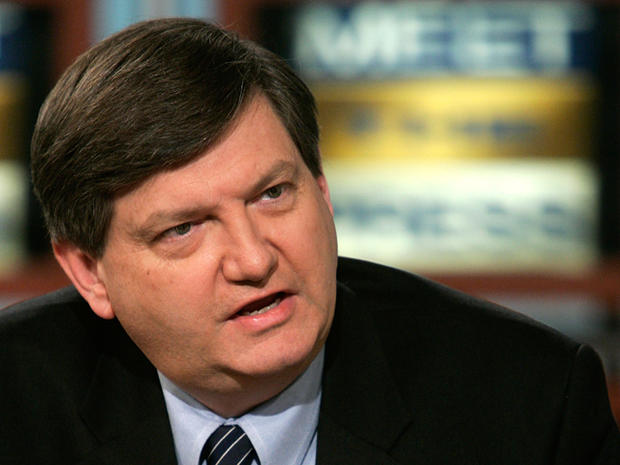Court: NYT reporter must testify in criminal case
A New York Times reporter and author is being ordered to testify in a criminal trial of an ex-CIA official charged with leaking classified information to him, based on a decision by a federal appeals court, The New York Times reported.
In their 118-page opinion on the ruling, two judges of a three-member panel of the United States Court of Appeals for the Fourth Circuit, in Richmond, Va., ruled that the First Amendment does not provide protection for reporters from being compelled to testify against those alleged to have disclosed information to them. The decision is a reversal of a previous ruling by Judge Leonie M. Brinkema of Federal District Court in Alexandria, Va., from nearly two years ago, in which prosecutor were limited in what they could ask Risen regarding the sources.
Chief Judge William Byrd Traxler, Jr. wrote for the majority opinion: "Clearly, Risen's direct, firsthand account of the criminal conduct indicted by the grand jury cannot be obtained by alternative means, as Risen is without dispute the only witness who can offer this critical testimony."
Judge Roger Gregory, who was the lone dissenter, viewed the decision as a threat to journalism. "The majority exalts the interests of the government while unduly trampling those of the press," he wrote, "and in doing so, severely impinges on the press and the free flow of information in our society."
The case stems from Risen's 2006 book, "State of War," which recalls an episode in which CIA in the Clinton administration tried to trick Iranian scientists by having a Russian defector hand them plans for a nuclear device that contained a mistake. Jeffrey Sterling, an ex-CIA officer, was indicted in 2010 as being the reporter's source.
- Holder, journalists have "constructive meeting" on subpoena issue
- Attorney General Holder raises standards for investigating leaks
According to The Times, Risen would rather go to prison than to testify about his sources, and that he plans to appeal losses at the appeals stage to the Supreme Court. "We are disappointed by and disagree with the court's decision. We are currently evaluating our next steps," wrote his attorney, Joel Kurtzberg, in a statement.
In a statement on the ruling, the Reporters Committee for Freedom of the Press wrote: "We're disappointed that just as we're making good progress with the Department of Justice and Congress on protecting the independence of reporters, the Fourth Circuit has taken such a narrow view of the First Amendment. As the dissenting judge said, "common sense tells us the value of the reporter's privilege to journalism is one of the highest order.""
